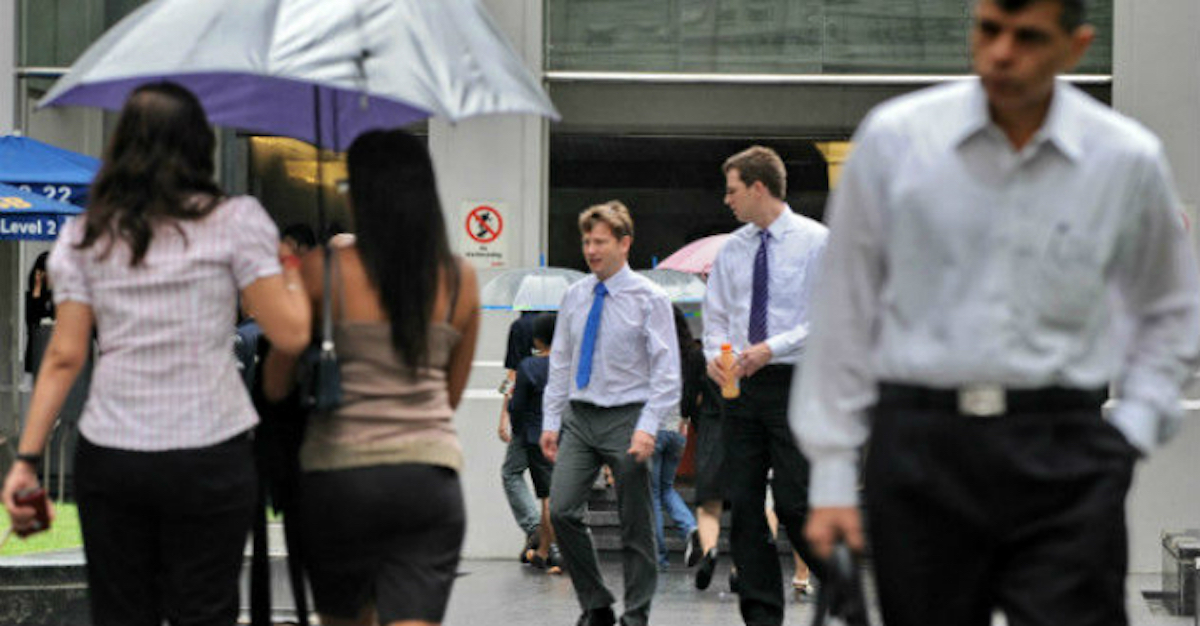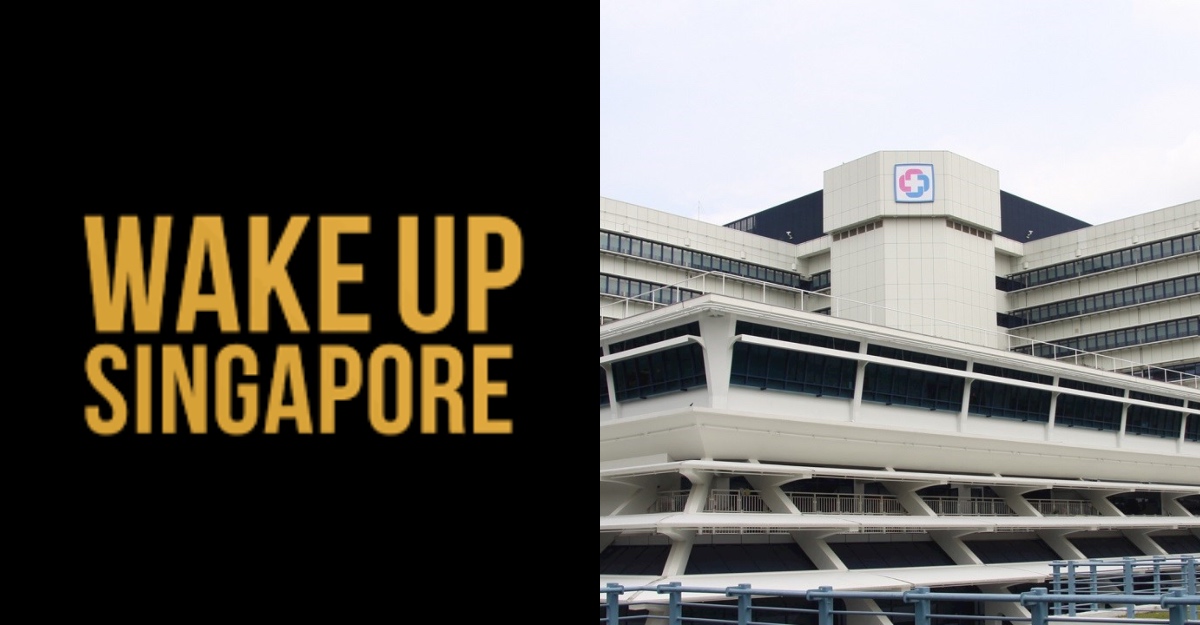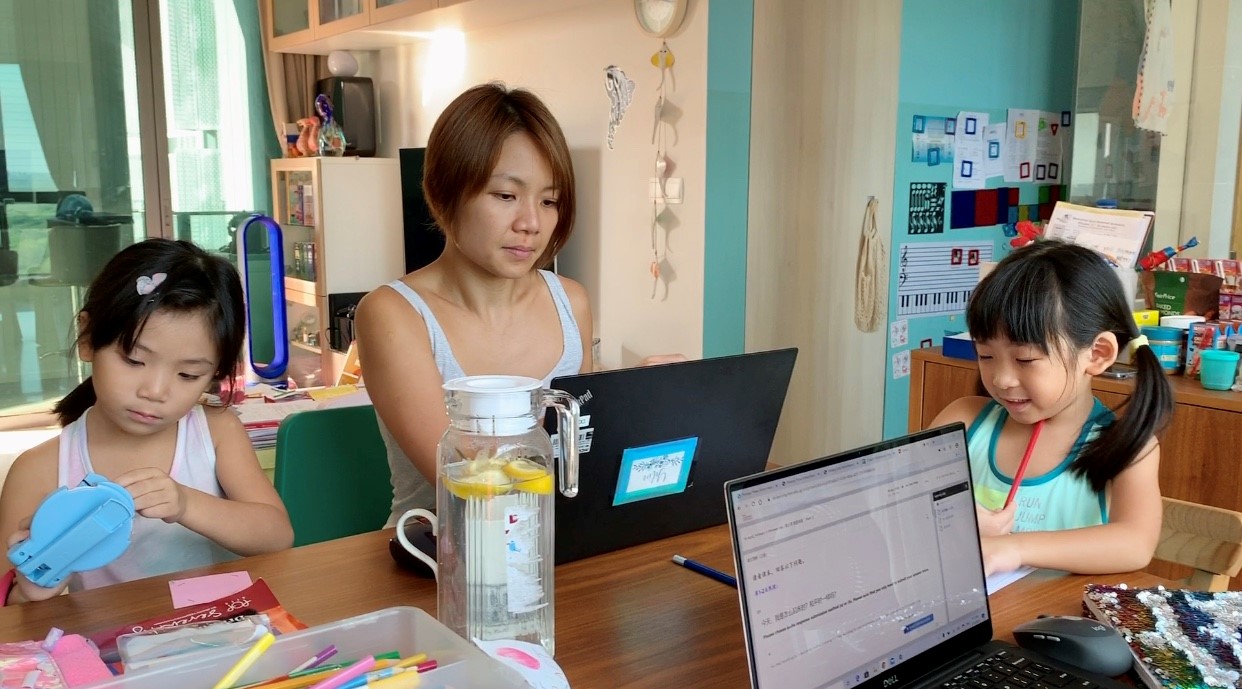Manpower Minister Josephine Teo has addressed the government’s review on foreign worker and work pass policies in Parliament yesterday (1 September), but Prime Minister Lee Hsien Loong said that he still wants to share his take on this issue.
He noted that anti-foreigner sentiment is on the rise because people feel worried and insecure about their futures.
Many Singaporeans are also feeling anxious about their jobs, and their sense that foreigners are competing with them for jobs is palpable, he added.
Some feel unfairly treated when they see foreigners replacing them or taking up good jobs ahead of them, he said, adding that these feelings are completely understandable.
However, Singapore is a small country and to grow its economy, it has no choice but to top up the labour force with foreign workers, said PM Lee.
“Singapore cannot simply throw open its door, nor has it done so,” he added.
Inflow Of Foreign Workers In S’pore Is Being Controlled
There are now 3.5 million Singaporean citizens and about 500,000 permanent residents.
Meanwhile, there are 650 million people in Southeast Asia, and beyond that, three billion in China and India, who can potentially come in.
Without tight controls, the country would be overwhelmed. Foreign worker policies have helped to control the inflow and ultimately ensure that the foreign workers who do come in add to the workforce in Singapore, rather than substitute locals.
PM Lee said that how the inflow of foreign workers is controlled depends on the type of worker.
At the lower level, with work permits, the Government uses a mix of levies and quotas, or dependency ratios, to directly control their price and quantity. It is a rough-and-ready approach, but helps deal with the large numbers and limit them effectively, he said.
At the middle levels, with S Pass holders, it is not just a matter of numbers, but also quality, he added. While S Pass still has levies and quotas, there are other requirements on minimum salary and qualifications.
For PMET workers at the upper levels who are Employment Pass holders, the key issue is about controlling the quality and making sure those who can contribute to Singapore are brought in.
This means using salary benchmarks as a proxy, along with other qualifying criteria, he said.
EP And S-Pass Numbers Have Come Down Since COVID-19
While the perception of foreign competition is sharper during a downturn, both the EP and S Pass numbers have actually come down since Covid-19, he said.
However, adjustments to the work pass schemes must still be made because there is now more slack in the job market and also because over time, the education levels, capabilities and incomes of our local workforce would have risen.
More Singaporeans are now available and ready to take up PMET jobs and more have done so, with the proportion of PMETs in the workforce growing steadily from 40 per cent 20 years ago to almost 60 per cent today.
He said the purpose of the EP scheme is to top up the workforce at the higher end of these PMET jobs, and thus, there is a need to tighten the EP qualifying criteria.
The Government has been doing this by raising the EP entry floor from $3,600 to $3,900 in May, with a further tightening to $4,500 and a higher floor of $5,000 for the financial services sector announced last week. The S Pass salary floor will be raised too.
PM Lee noted that the Government will have to pay attention to market conditions and adjust at the right pace, but this is the “correct long-term direction”.
Gov’t Views Workplace Fairness Seriously
PM Lee noted that Singaporeans are concerned not just about the macro numbers, but also about fair treatment when it comes to being considered for jobs, promotions or retrenchments.
That is why Singapore has the Tripartite Alliance for Fair and Progressive Employment Practices (Tafep) to help Singaporeans who feel unfairly treated seek redress.
There is also the Fair Consideration Framework, which is being tightened further.
He added that the Government wants to ensure that any retrenchments are done fairly, and no company is retrenching a Singaporean only to fill the same post with a foreigner without good justification.
Stressing that the Government takes this issue of fairness very seriously, he said that when evaluating EP and S Pass applications, it takes into account whether the employer has kept up support of local PMETs in their employment and been responsive to efforts to recruit and train more Singaporean PMETs.
He emphasised that this has always been government policy and, particularly in these uncertain times, he reminded all employers to play their part in building up their Singaporean workforce.
PM Lee stressed that the Government will always be on the side of Singaporeans, adding that Singapore’s aim is to ultimately grow its economy, create good jobs for Singaporeans and raise their standard of living.
Foreign workers help Singapore achieve this and by being open to talent from around the world, more opportunities are created for locals, he said.
He added that even as Singapore adjusts its work pass policies, it must be careful not to give the wrong impression that it is now closing up and no longer welcoming foreigners.
Such a reputation would do the country great harm, he said.
Featured Image Credit: Ejinsight








